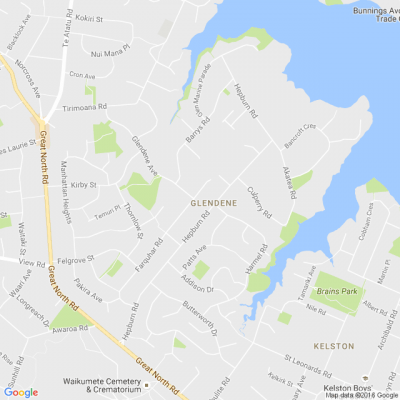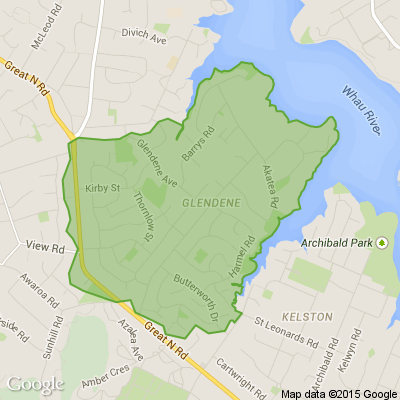Coronavirus: What you should prepare in case you need to self-isolate
The Government recently asked New Zealanders to prepare for this situation. But how do you prepare for staying at home for a two-week period? Kiwis have been told not to bulk buy, and some won’t be able to afford to buy two weeks’ worth of supplies at once, but gradually adding extra items to your grocery list can build up your stock. According to New Zealand Civil Defence, during a pandemic or a prolonged emergency you will need a two-week stock of food and water.
Here is a list of food items that can easily be stored for two weeks:
======================================================
Ready-to-eat canned meats, fruits, and vegetables.
Canned juice, milk, and soup.
High-energy foods such as peanut butter, jam, salt-free crackers and energy bars.
Trail mix (pre-packaged or homemade).
Comfort foods such as hard sweets, sweetened cereals, snack bars, and biscuits.
Instant coffee, tea bags.
Compressed food bars. They store well, are lightweight, taste good, and are nutritious.
Dried foods. They can be nutritious and satisfying, but may contain a lot of salt, which promotes thirst. If salt is a problem, used dried fruit, like raisins.
Freeze-dried foods. They are tasty and lightweight.
Whole-grain cereals (oatmeal, whole-wheat, multi-grain).
Instant meals. Cups of noodles or cups of soup are a good addition.
Snack-sized canned goods, which generally have pull-top lids or twist-open keys.
Pre-packaged beverages. Those in foil packets and foil-lined boxes are sealed and will keep for a long time if the seal is not broken.
=====================================================
Other items that you may need to consider depending on your personal circumstances are:
=====================================================
Medications – you should check with your chemist about storage requirements for any medications your taking. Pain relievers and contact lenses and solutions are other medical supplies you may need.
Items for young children, including nappies, bottles, dummies, powdered milk and formula.
Detergent, feminine supplies, shampoo, deodorant, toothpaste, toothbrushes, comb and brush, lip balm, sunscreen, heavy-duty plastic garbage bags and ties, medium-sized plastic bucket with tight lid, disinfectant, household chlorine bleach.
Sanitation and hygiene items: toilet paper, towelettes, soap, hand sanitiser liquid.
First aid kit for common injuries.
==============================
Look after your mental health as well
==============================
Two weeks of staying home can seem like a long time for people and looking after your mental health is also important.
Civil Defence suggests making sure you also think about ways you can entertain yourself with books and other forms of entertainment and ways to occupy your children.
You can find more information on preparing for self-quarantine here from Civil Defence here.
If you are returning to New Zealand from overseas or don’t have a stock at home and have suddenly been required to self-quarantine you can order any item you need online. Family or friends can also drop supplies at your door.
========================================================
🏠 Save $75 on Our Thorough 4-in-1 Window Cleaning Service!
Hello neighbours! Want to rejuvenate your home's view? At WashBros, we're offering a special $75 discount on our 4-in-1 window cleaning service, exclusively for our local neighbourhoods. This comprehensive package includes cleaning of windows, frames, tracks, and sills, ensuring your views are impeccably clear and clean. Don’t miss out—book your service today and mention this post to claim your discount! Offer valid for a limited time – let’s make our community shine, one detail at a time.
Best way to use leftovers?
I'm sure you've got some excess ham at home or cold roast potatoes.
What are some of your favourite ways to use leftover food from Christmas day? Share below.

⚠️ DOGS DIE IN HOT CARS. If you love them, don't leave them. ⚠️
It's a message we share time and time again, and this year, we're calling on you to help us spread that message further.
Did you know that calls to SPCA about dogs left inside hot cars made up a whopping 11% of all welfare calls last summer? This is a completely preventable issue, and one which is causing hundreds of dogs (often loved pets) to suffer.
Here are some quick facts to share with the dog owners in your life:
👉 The temperature inside a car can heat to over 50°C in less than 15 minutes.
👉 Parking in the shade and cracking windows does little to help on a warm day. Dogs rely on panting to keep cool, which they can't do in a hot car.
👉 This puts dogs at a high risk of heatstroke - a serious condition for dogs, with a mortality rate between 39%-50%.
👉 It is an offence under the Animal Welfare Act to leave a dog in a hot vehicle if they are showing signs of heat stress. You can be fined, and prosecuted.
SPCA has created downloadable resources to help you spread the message even further. Posters, a flyer, and a social media tile can be downloaded from our website here: www.spca.nz...
We encourage you to use these - and ask your local businesses to display the posters if they can. Flyers can be kept in your car and handed out as needed.
This is a community problem, and one we cannot solve alone. Help us to prevent more tragedies this summer by sharing this post.
On behalf of the animals - thank you ❤️










 Loading…
Loading…